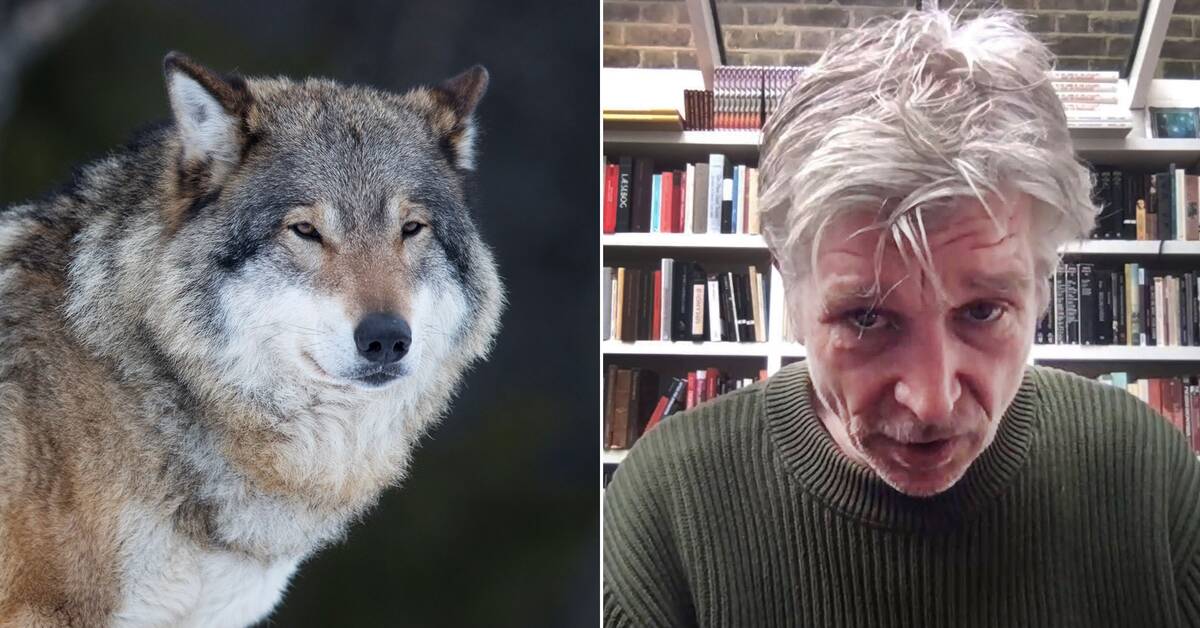Karl Ove Knausgård's new novel contains the big questions, but as usual they are hidden in the everyday scenes that have become his hallmark.
"The Wolves from the Forest of Eternity" is the sequel to last year's acclaimed "Morning Star", and explores the limits of life.
- The morning star is about death, while this one is about life.
The origin of life, what is life and the infinity of life, says Karl Ove Knausgård.
The book follows two main characters.
In the first part, we meet Syvert, who in 1986 comes home to his mother and little brother after doing his military service.
In a moving box, he discovers love letters to his dead father, written in Russian from a Soviet woman.
In the second part - which takes place in the present - we meet Alevtina, a Russian biologist interested in the origin of life, evolution and the forest as a living organism.
- The book is very much about relationships, these two have a relationship, says Karl Ove Knasugård.
- But it is also about other types of relationships: About trees, forests, nature, animals.
At the nuclear level, there is a theory that the smallest particles do not exist - it is only visible in relation to others.
That's a beautiful thought.
Maybe it's the same with people too, we just become visible in relationships?
Resurrect the dead
In Morgonstjärnan there was an essay about death, here is a similar text about a Russian tradition of thinking about overcoming aging and death.
One of the reasons why Karl Ove Knausgård wanted parts of the book to take place in Russia was that he encountered the Russian 19th century thinker NF Fyodorov, who considered it our moral duty to use science to wipe out death and awaken everyone as ever. lived to life.
- When I first came across the idea, I thought it was completely sick, that he was crazy.
But the more I got used to the idea and read modern research, the more I realized that it is not that far away.
Now we can basically clone our ancestors or at least create a copy of them, says Karl Ove Knausgård.
When I read the book, I thought of the introductory sentence to My struggle "For the heart, life is simple, it beats as long as it can". It does not feel so simple anymore after reading this novel?
- Ha ha, I have not thought of that.
But it's true, that's what the book is about.
To dissolve the boundaries we have for who we are.
And death is the strongest boundary.
And this book is about the fact that that limit may be pushed forward, may be exceeded.
I think that is interesting and nasty, says Karl Ove Knausgård.
Against cultural boycott of Russia
The book was clearly written long before Russia invaded Ukraine, but in connection with its publication, many have raised the issue of a cultural boycott of Russia.
- I have been asked by a colleague - he may want to stop the publication of his books in Russia.
But I really do not want that.
There is a big difference between state and people.
Literature is not written by states and is not read by states.
It is written by people, says Karl Ove Knausgård.
- I understand of course that you can boycott artists who defend Putin and the war.
I have no problem with that, but I am against a general cultural boycott.
It does not help.
Literature is the opposite of totalitarianism.

